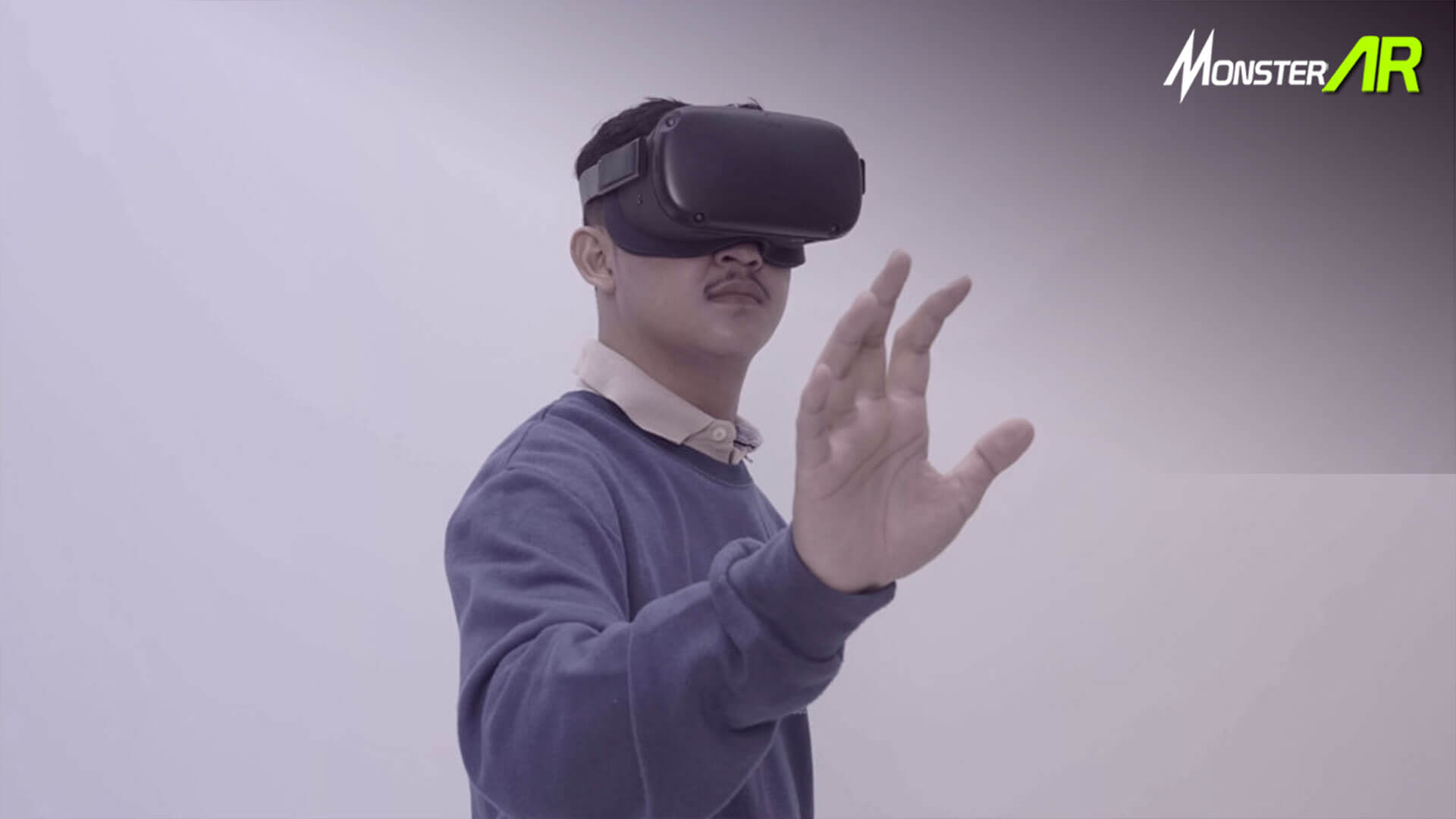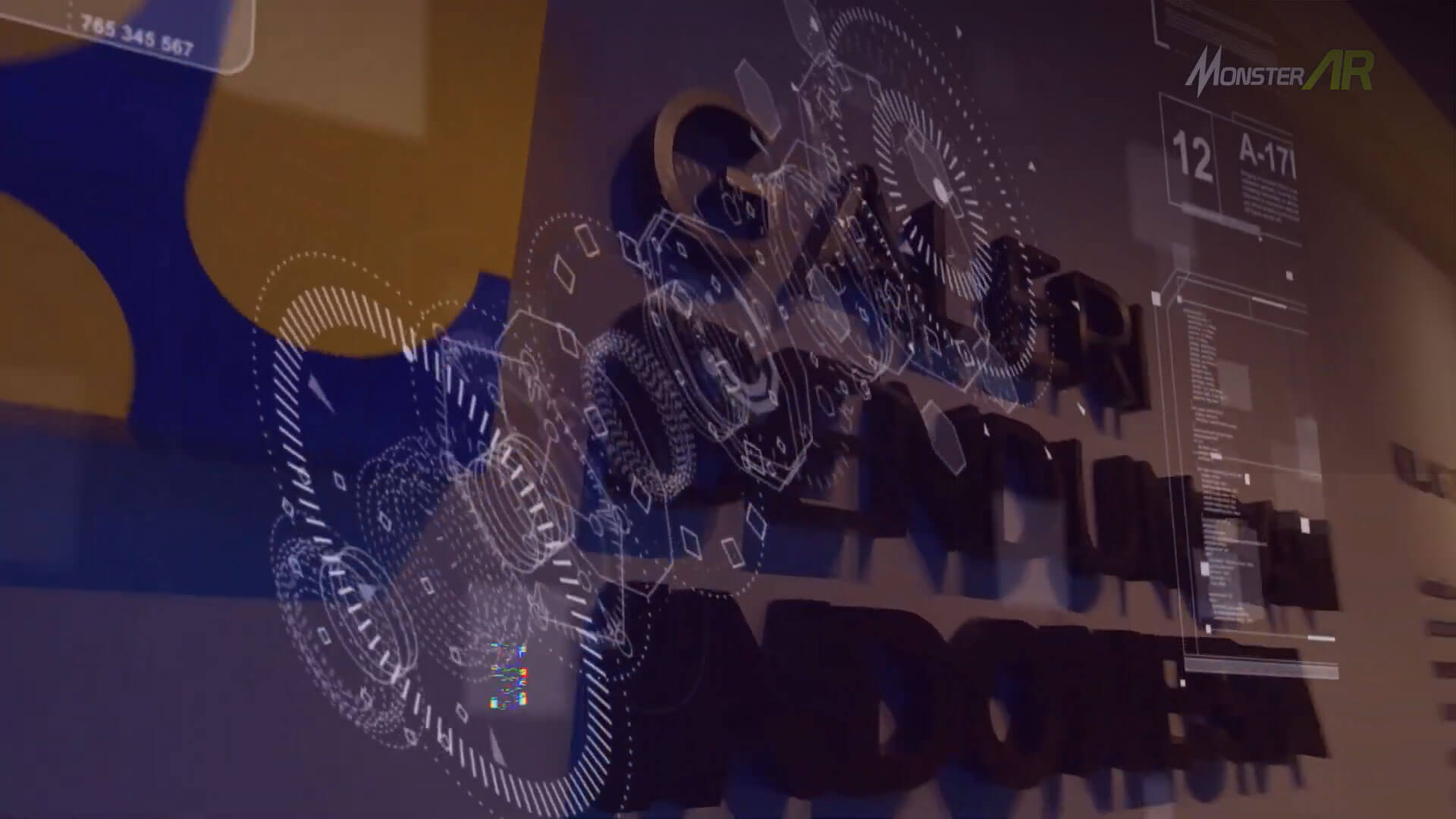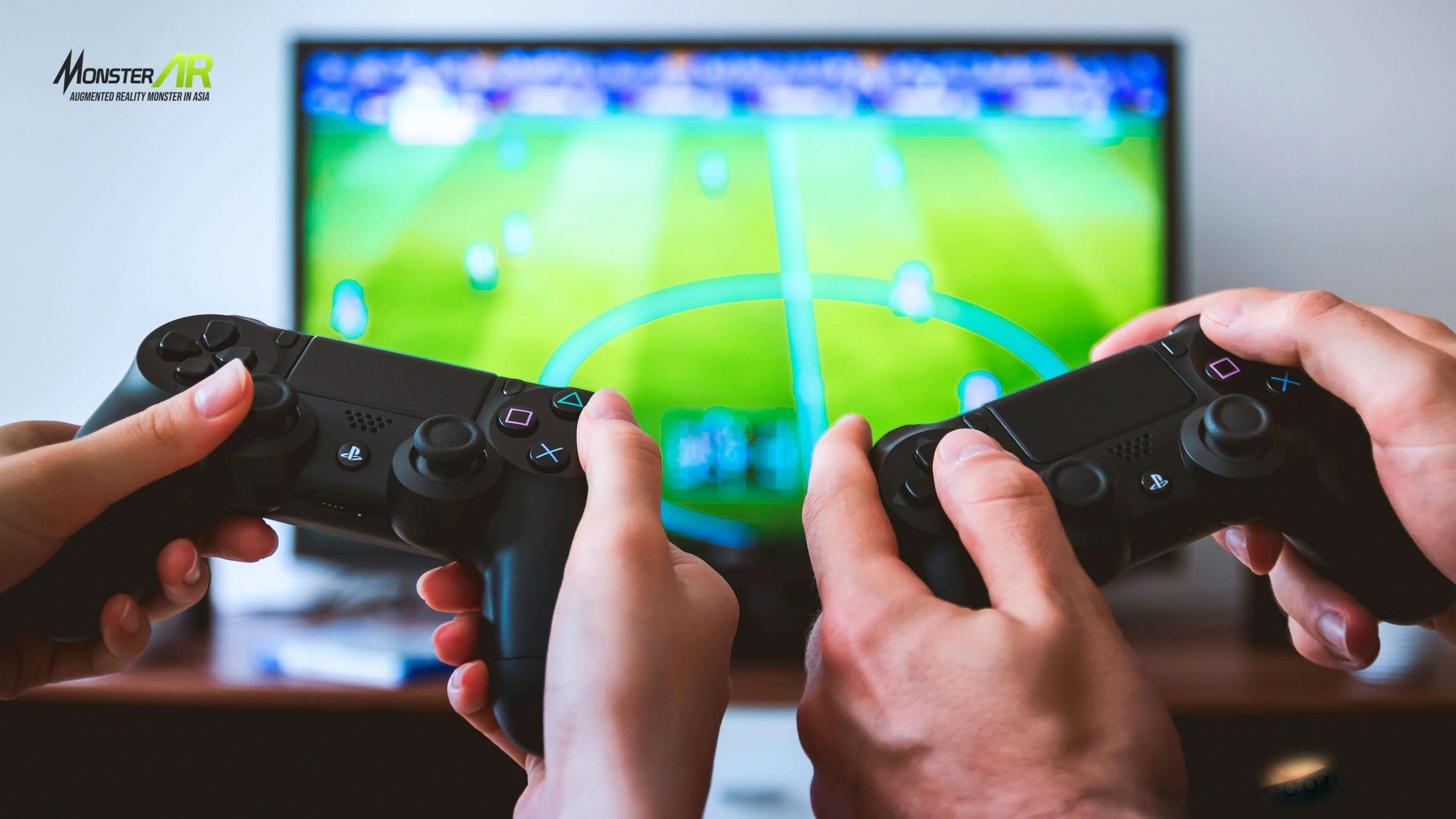
How VR Simulators Are Revolutionizing Risk-Free Safety Training
In the rapidly evolving landscape of digital innovation, VR Simulators are emerging as transformative tools across various industries. From aviation and automotive to defense and engineering, these cutting-edge technologies are now paving the way for revolutionary changes in the healthcare sector.
Positioned at the intersection of technology and education, VR Simulators provide immersive learning environments that significantly reduce training risks while improving understanding.
As industries across the globe pursue cost-effective and scalable training methods, the healthcare sector is seeing remarkable progress through the integration of VR Simulators in medical training programs.
According to a 2020 Globe Newswire report, the global VR market is projected to reach USD 161.1 billion by 2025, reflecting the rapid growth of virtual training technologies.
This explosive growth is driven by increased adoption of mobile devices and the aggressive expansion of augmented reality and virtual reality systems by major tech players.
In the context of medical education, VR Simulators have become especially vital in the area of clinical care training, allowing both new and experienced healthcare professionals to practice essential procedures in a risk-free environment.
Enhancing Medical Training through Immersive Experience
In the field of healthcare education, whether for onboarding new employees or advancing the skills of experienced professionals, the challenges are substantial. VR Simulators deliver highly interactive, visual content that enables trainees to engage more deeply with educational materials.
Through immersive visual experiences, medical personnel can build muscle memory and sharpen decision-making abilities in environments that closely mimic real-life scenarios, something traditional training methods struggle to achieve.
Another key advantage lies in the safe, repeatable nature of this training approach. By eliminating real-world risks, it reduces the likelihood of errors and ensures greater consistency in instruction. With real-time interactivity and 3D visualizations, learners grasp complex concepts like anatomy, physiology, and treatment protocols more naturally.
Institutions adopting this technology are increasingly seen as innovative, forward-thinking, and dedicated to delivering high-quality patient care.
Developing a Customized Simulator VR for Healthcare Institutions
Creating a specialized Simulator VR system for healthcare demands meticulous planning and technical precision. The initial phase involves defining the project scope, including the targeted platforms such as web, Android, or iOS, along with essential features like collaborative virtual environments and interactive training components.
High visual clarity and effective content delivery are critical, especially when presenting complex medical information. Choosing a software development life cycle (SDLC) model that supports continuous feedback and iteration is key to maintaining alignment with stakeholder expectations. A well-structured team is essential, consisting of project managers, UI designers, business analysts, software engineers, and platform-specific developers.
Development should progress through carefully planned stages, starting with the adoption of cloud-based technologies like Platform-as-a-Service (PaaS) and Mobile-Backend-as-a-Service (MBaaS) to simplify infrastructure management and accelerate deployment.
Building the Technology Behind VR Simulators
The core of any successful VR simulation project lies in robust infrastructure and versatile tools. Developers often turn to Amazon Sumerian when building VR simulators, thanks to its seamless compatibility with leading platforms like Oculus Go and HTC Vive. Sumerian also supports seamless integration with Android and iOS systems, making it an ideal foundation for healthcare training simulators.
To ensure usability and scalability, intuitive user interface (UI) design is essential. The simulator should be easy to navigate for medical staff, enabling them to focus on learning rather than operating the system. Automated testing tools, such as Experitest, allow developers to verify that the web and mobile applications function flawlessly across a wide range of devices and browsers.
For web applications, Node.js can be employed to create a responsive and real-time interactive environment. Using Eclipse IDE and integrating with cloud services like AWS Elastic Beanstalk enables developers to manage databases and simulation engines efficiently.
Android applications are best developed in Java using Android Studio, while iOS versions can be built with Objective-C via Xcode. These applications must be thoroughly tested before publishing on Google Play or Apple App Store.
Why Partnering with Experts Like MonsterAR Matters
In Indonesia, companies like MonsterAR are leading the way in VR and AR development. MonsterAR brought immersive VR to the spotlight at the Gaikindo Indonesia International Auto Show (GIIAS) 2018, captivating audiences with innovations like the Flying Simulator Jet VR. The excitement generated during the event reflected the immense potential of this technology for both public engagement and professional training purposes.
Read also: Virtual Reality Production Studio, 360 Tech Services for All Business Type
MonsterAR’s team of developers and visual designers is well-equipped to create tailored Simulator VR projects that meet the specific needs of healthcare institutions. By blending medical expertise with technological innovation, they ensure that each simulation scenario delivers meaningful and accurate learning experiences.
Conclusion
The application of VR Simulator in healthcare training represents a fundamental shift in how knowledge is transferred and skills are developed in high-stakes environments. From reducing medical errors to accelerating learning outcomes, the benefits of this technology are measurable and profound.
Hospitals and clinics that invest in this technology not only enhance their internal capabilities but also build stronger trust with patients by positioning themselves at the forefront of innovation.
Incorporating a custom-built system into medical education is no longer a futuristic concept, it is an achievable and necessary step forward. As more institutions recognize the long-term value of immersive training, these advanced tools will become an integral part of the healthcare industry’s digital transformation strategy.
Enhance Your Hospital’s Safety Standards with MonsterAR’s VR Simulators!
Looking to elevate your medical team’s emergency response skills without exposing them to real-world risks?
It’s time to embrace the future of safety training with VR Simulators by MonsterAR, a safe, efficient, and hyper-realistic solution for medical professionals.
Imagine This:
- Doctors and nurses can train in high-stakes emergency scenarios, such as cardiac arrest, fire outbreaks, or disaster evacuations, through interactive VR simulations.
- Safety drills and emergency response exercises are conducted without disrupting hospital operations or compromising patient safety.
- Repetitive training becomes easier and more cost-effective, delivering consistent and measurable results.
Why MonsterAR is the Ultimate Choice for Medical Safety Training?
✅ Realistic & Risk-Free VR Simulations
Accurately replicate critical emergencies for intensive, hands-on training, without the real-world danger.
✅ Cost & Time Efficiency
No need for physical equipment or designated training areas, just put on the headset and start training.
✅ Improved Emergency Response
Prepare your healthcare staff to react quickly and confidently during unpredictable, high-pressure events.
✅ Multi-Purpose VR Capabilities
In addition to safety training, use our VR system for patient therapy, medical education, or interactive hospital marketing.
✅ Modern & Professional Image
Position your hospital as a technologically advanced institution, committed to innovation and safety.
FREE Consultation for Your Hospital
We’re ready to provide a free consultation, either on-site or online. Experience firsthand how MonsterAR’s VR Simulator can improve your hospital’s safety performance and operational efficiency.
📞 Book Your Consultation and Demo Today:
MonsterAR, Revolutionizing Medical Simulation for Safer, Smarter Hospitals.
Virtual reality makes training more cost-effective, efficient, and without the risk of injury.
Contact us now for a FREE consultation!
Kunjungi channel Youtube MonsterAR untuk selengkapnya tentang project kami





Leave a Reply